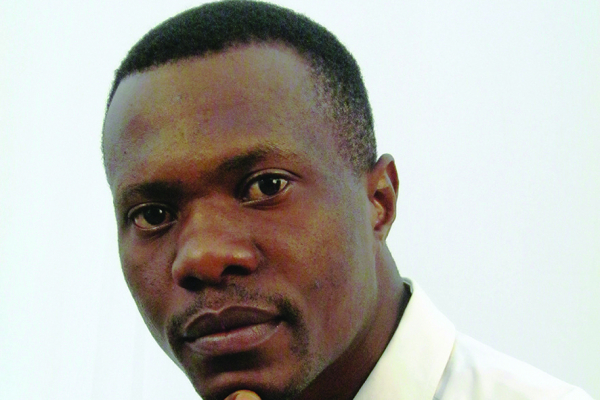
guest column: Learnmore Zuze
A signature characteristic of former President Robert Mugabe (pictured)’s administration was silence in the face of crippling crises. Zimbabweans, at the height of Mugabe’s rule, had become resigned to fate.
At times, the ageing leader would just, but pay lip service to the pressing concerns of a burdened country.
One would wonder then what happens to political leaders once they assume power. Could it be that national leaders get out of touch with the reality that is so palpable to many? Is it sheer arrogance or failure to govern in absolute terms? Who would forget Mugabe’s remarks while addressing delegates outside the country that Zimbabwe had more than enough food reserves when the country had literally run out of mealie-meal? Arrogance and brutal tactics were employed to quell any dissent. In the main, Mugabe’s administration stayed in power due to neglecting crises and crushing dissent.
The system would show up ruthlessly to crush dissention when masses took to the streets.
It is confounding that a similar script of silence in the face of crises is increasingly playing out under the new government. When jubilant Zimbabweans poured out into the streets late November 2017 to celebrate the ouster of Mugabe, they had envisaged a halt to the mafia-type of governance, where the leader and his cohorts enjoyed massively the fat of the land at the expense of the nation.
They saw an end to their perpetual suffering under a recalcitrant regime. They envisioned the end of silence-in-crisis style of leadership. All Zimbabweans have yearned for in the last four decades is an accountable government.
An adminstration which takes ownership of its challenges without necessarily heaping blame on some mythical external force. Most of the things that have crippled Zimbabwe to its knees could be internally addressed without necessarily waiting for a colossal crisis to emerge as we see, with doctors coming out to demonstrate.
- Chamisa under fire over US$120K donation
- Mavhunga puts DeMbare into Chibuku quarterfinals
- Pension funds bet on Cabora Bassa oilfields
- Councils defy govt fire tender directive
Keep Reading
In a system of proper governance, the obtaining crisis would have been long foreseen and addressed, but it is apparent there is no sound management from the apex, right through to the bottom.
People in leadership are reactionary. There isn’t pro-activeness, but fire fighting. A closer scrutiny at how things have played out after Mugabe’s ouster betrays an administration that jumps to the next crisis with the agility of a mountain goat, but without itself planning.
It is apparent, there is no forecasting; there is lack of the much-needed forecasting to see crises well in advance.
We all saw how, last year, the entire nursing profession in public hospitals had to finally resort to a crippling national strike in the wake of extremely pathetic working conditions amid meagre salaries.
Does it have to take public notification of a crisis for an elected administration to respond? However, in typical reactionary fashion, the nation saw the inconceivable step where government fired all nurses who had embarked on a stayaway. Long-serving nurses were all sent home in an impulsive display of power, which further exacerbated an already bad situation.
As things stand, there is a long neglected crisis on roads in the central business district, whereupon traffic lights on critical intersections have gone for years without anyone to fix them.
Again, all such situations will be reacted to when crisis hits. There simply isn’t a commitment to focus on issues ahead of time.
One wonders what precisely happens with the concerned ministries as they assume work day-in and day-out.
Again, government’s ‘reactionarism’ came to the fore as it was eventually forced to come out and see what had become public knowledge; that the bond note was not equivalent to the United States dollar.
The bond note situation plummeted to unimaginable levels, with roadside money changers running the show. The government had to relent and admit the disparity between the surrogate currency and the American dollar. Just recently, the fuel crisis which has become an on-and-off feature of the incumbent regime, speaks again to the reactionary nature of governance.
Nearly all the crises hitting Zimbabwe are things that do not sprout, but progress over time. It’s the planning which isn’t there. Because there is lack of planning ahead of time, all the crises play out with uncontrollable force at some time.
While other areas such as fuel problems can trudge on somehow, the same cannot be said about the health sector. What the government should do in the very least is to act with urgency to this crisis.
It defies logic how the country could continue to feign normalcy when people are dying en-mass in the hospitals.
The situation in hospitals should prick the conscience of the government. It is the constitutional mandate of the government to prioritise the healthcare of its people. I do not conceive that doctors have suddenly become mischievous as to bring a crisis forward after the country is saddled with fuel troubles. Zimbabwe has real crises brewing and the country seems to be on auto-pilot.
The government definitely must be pro-active; it should not take the deaths of innocent people to prove that a country is in the throes of tragedy.











